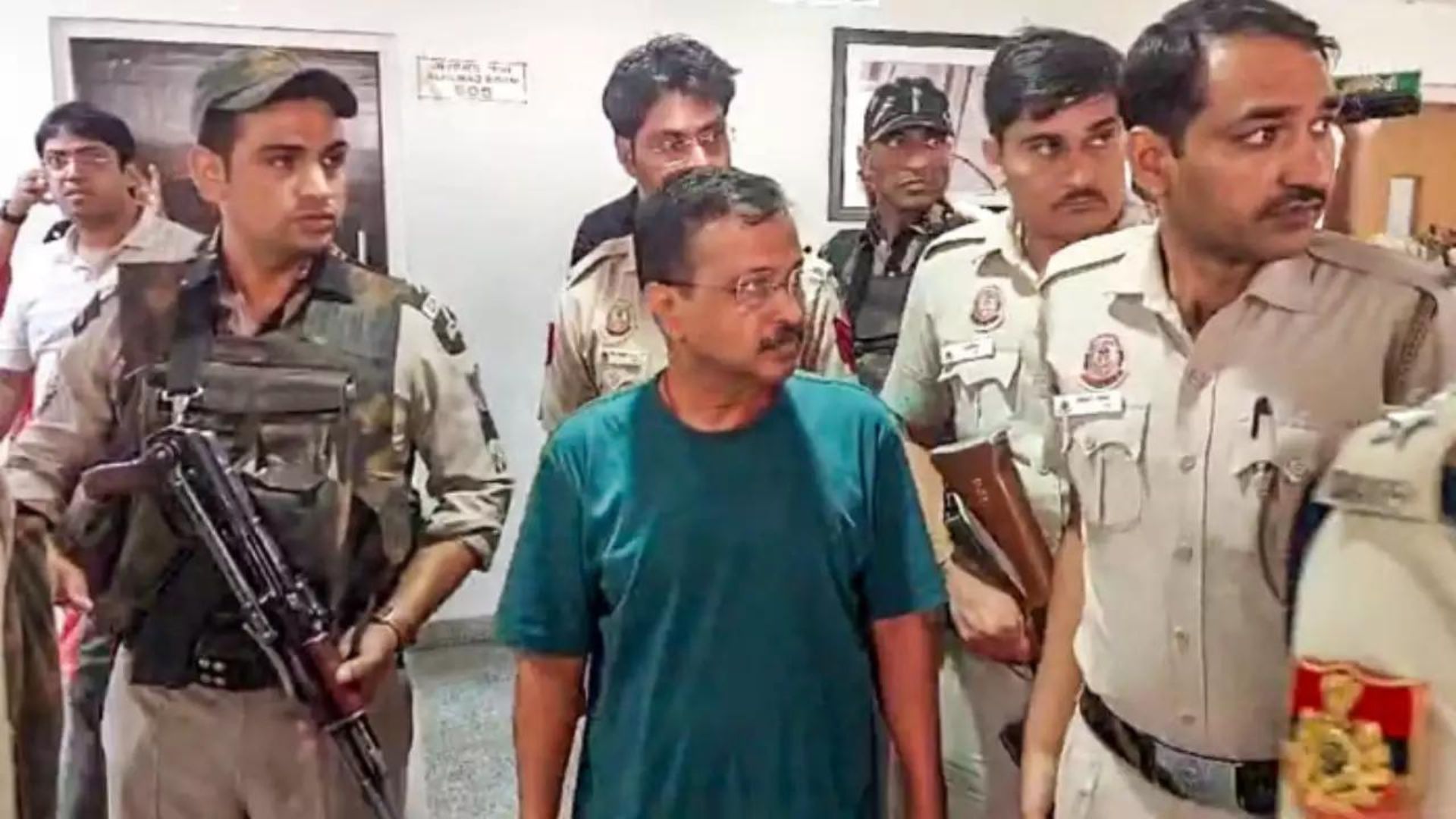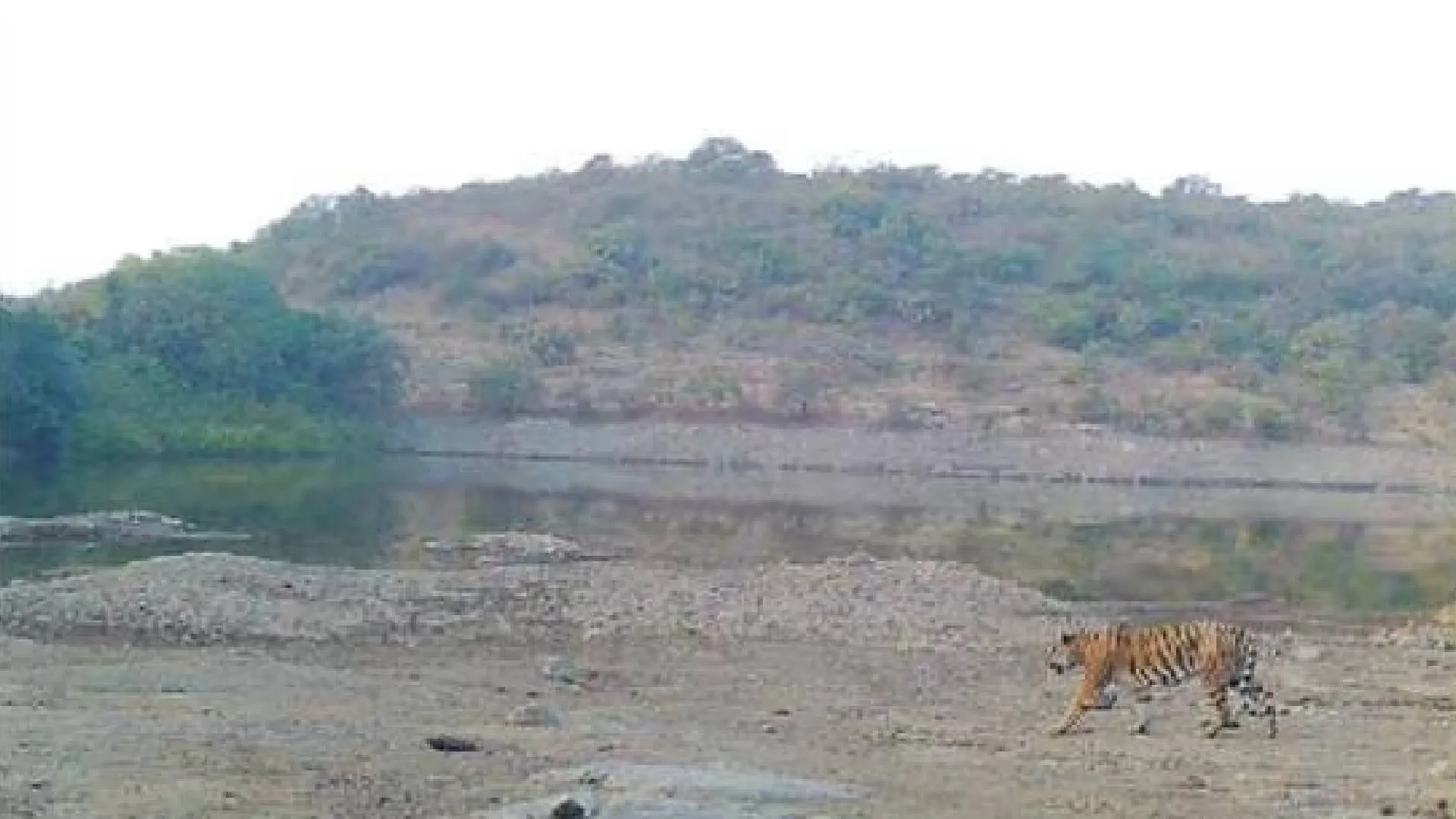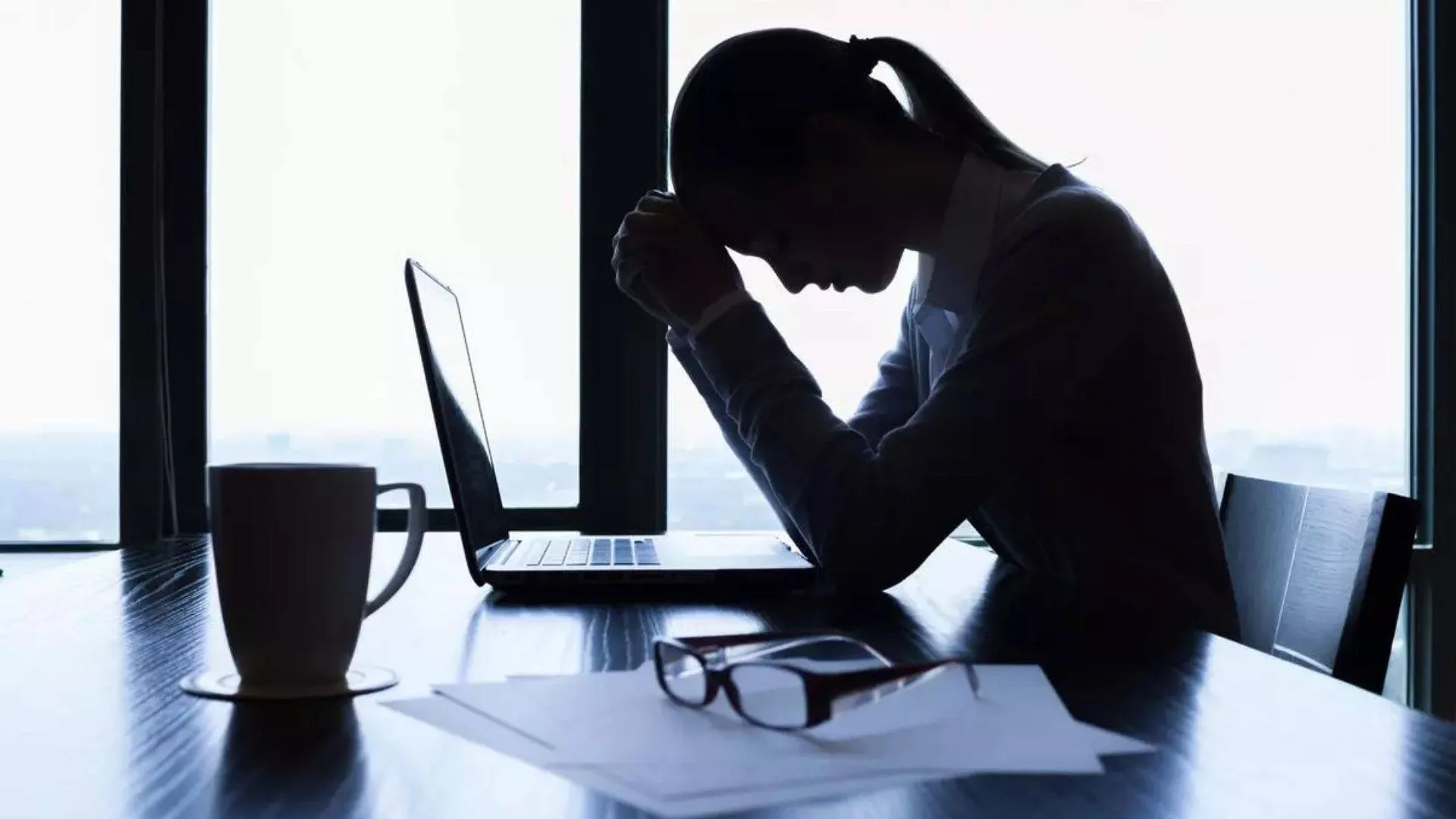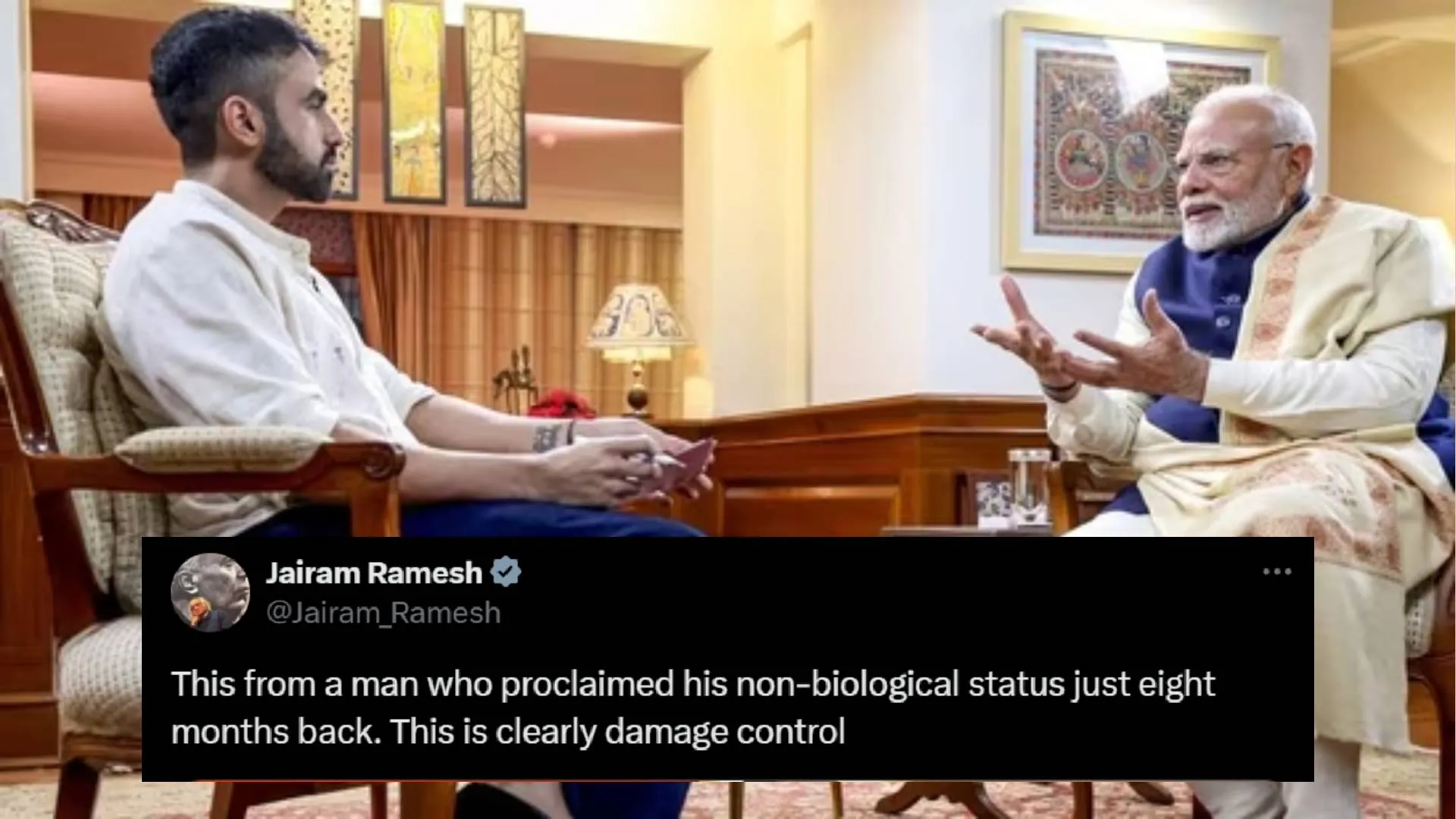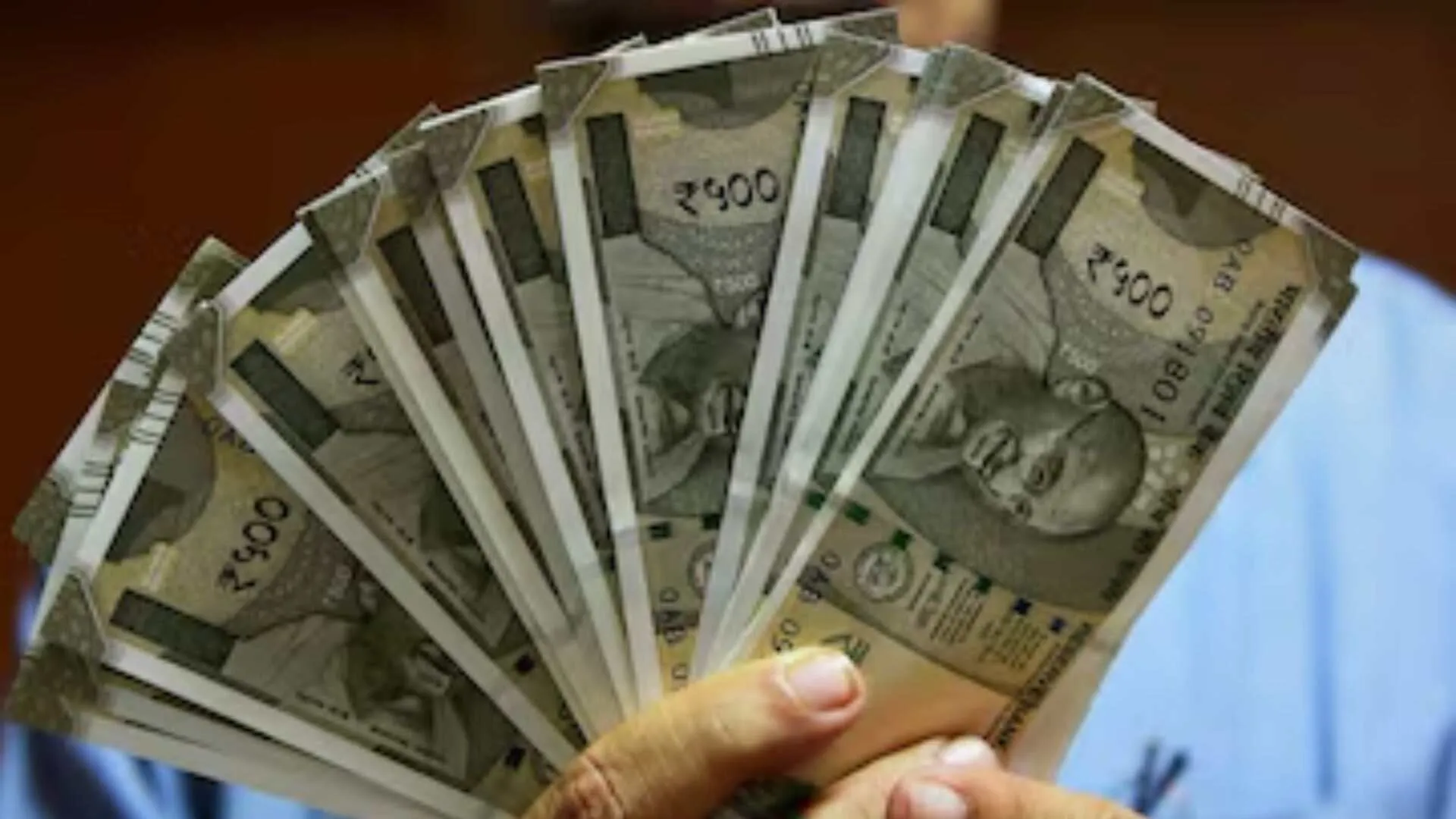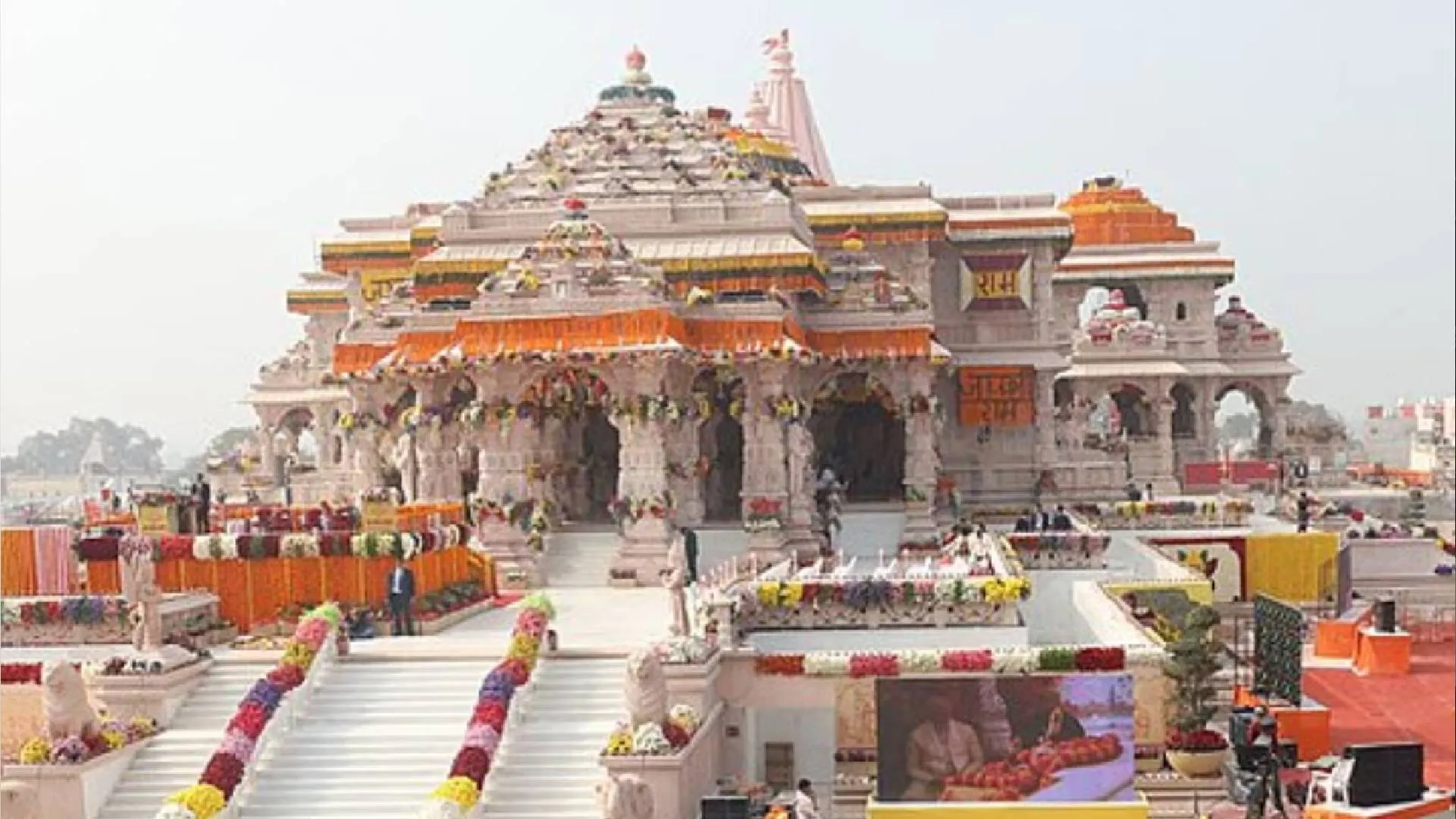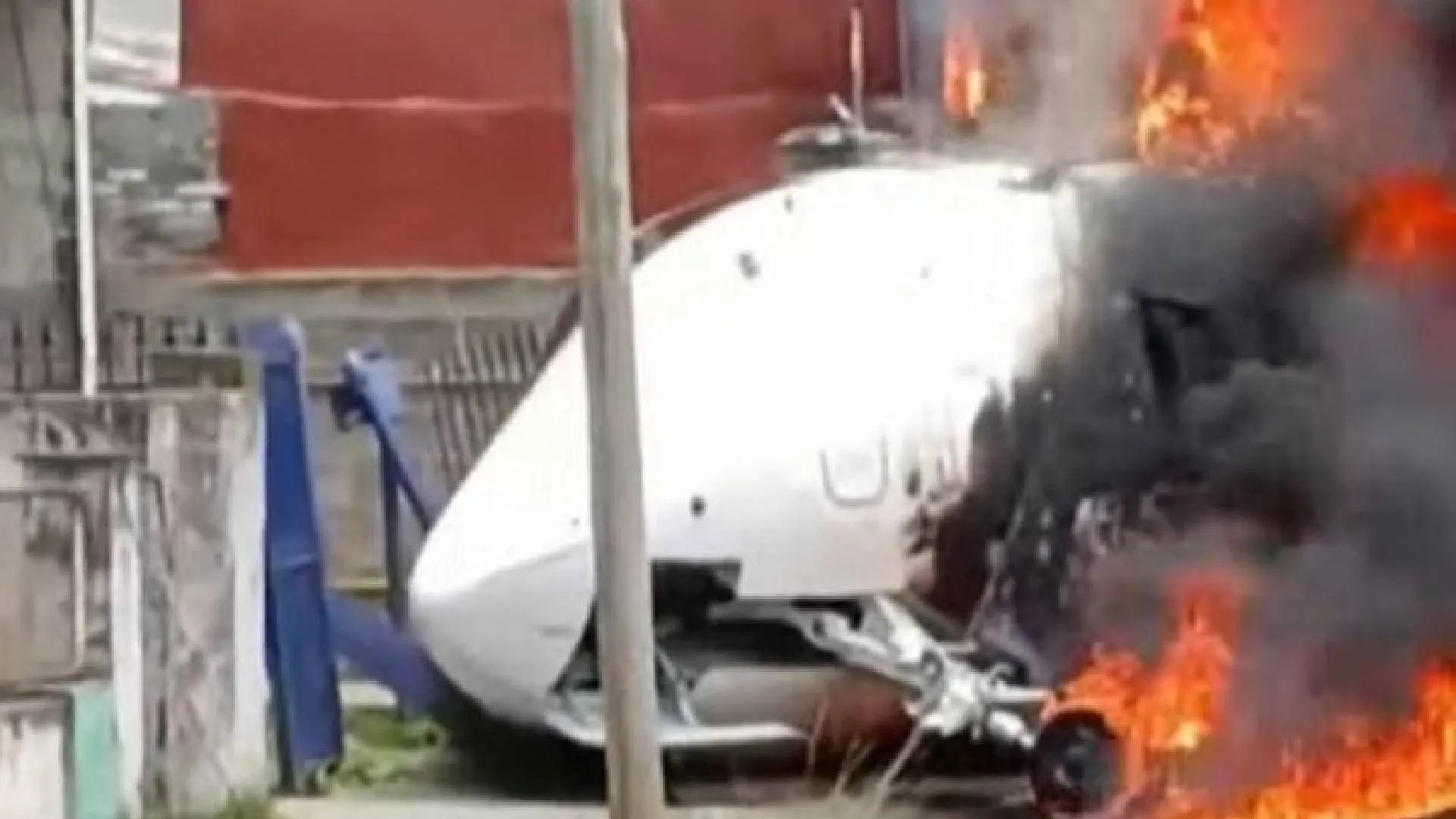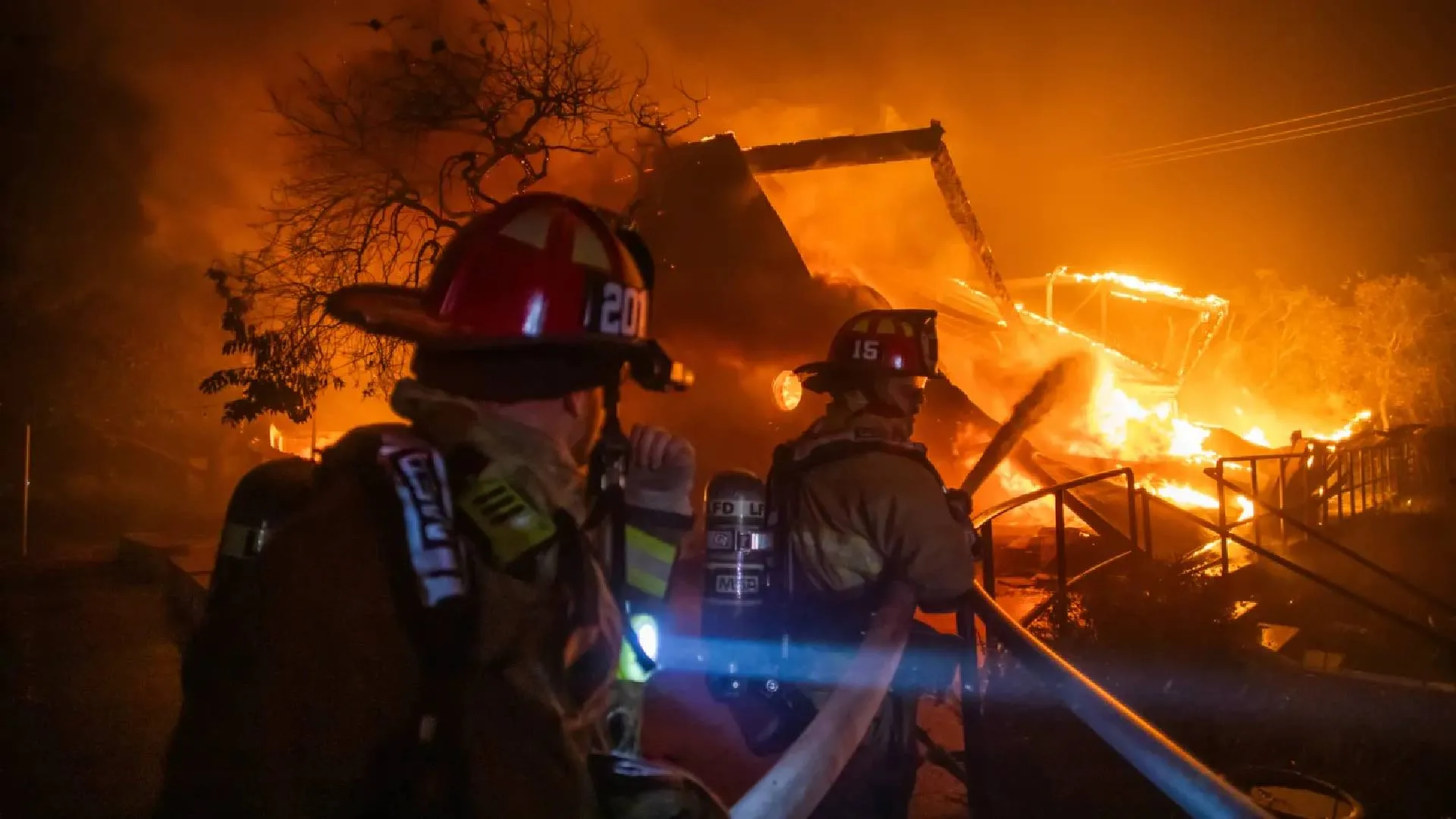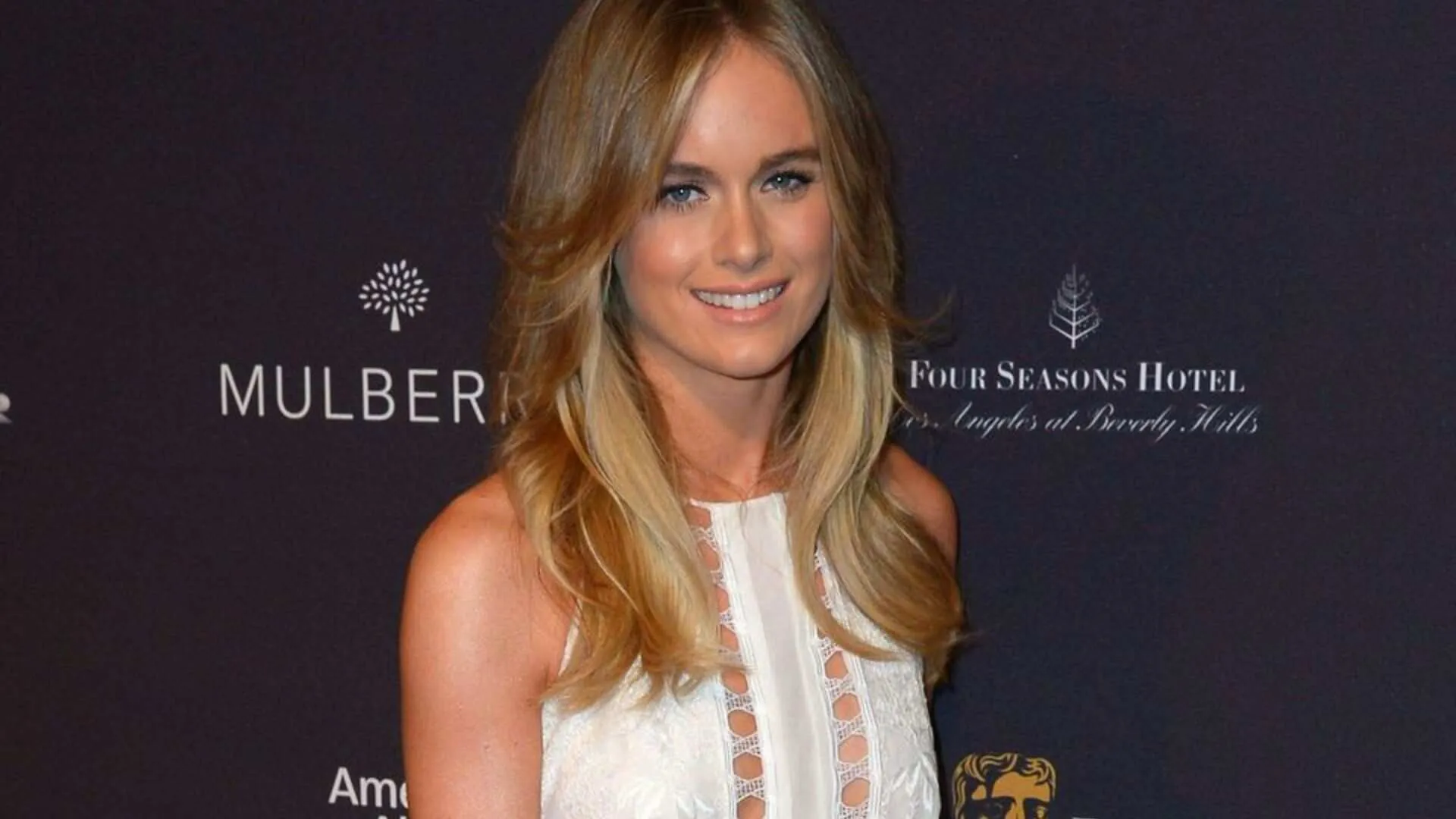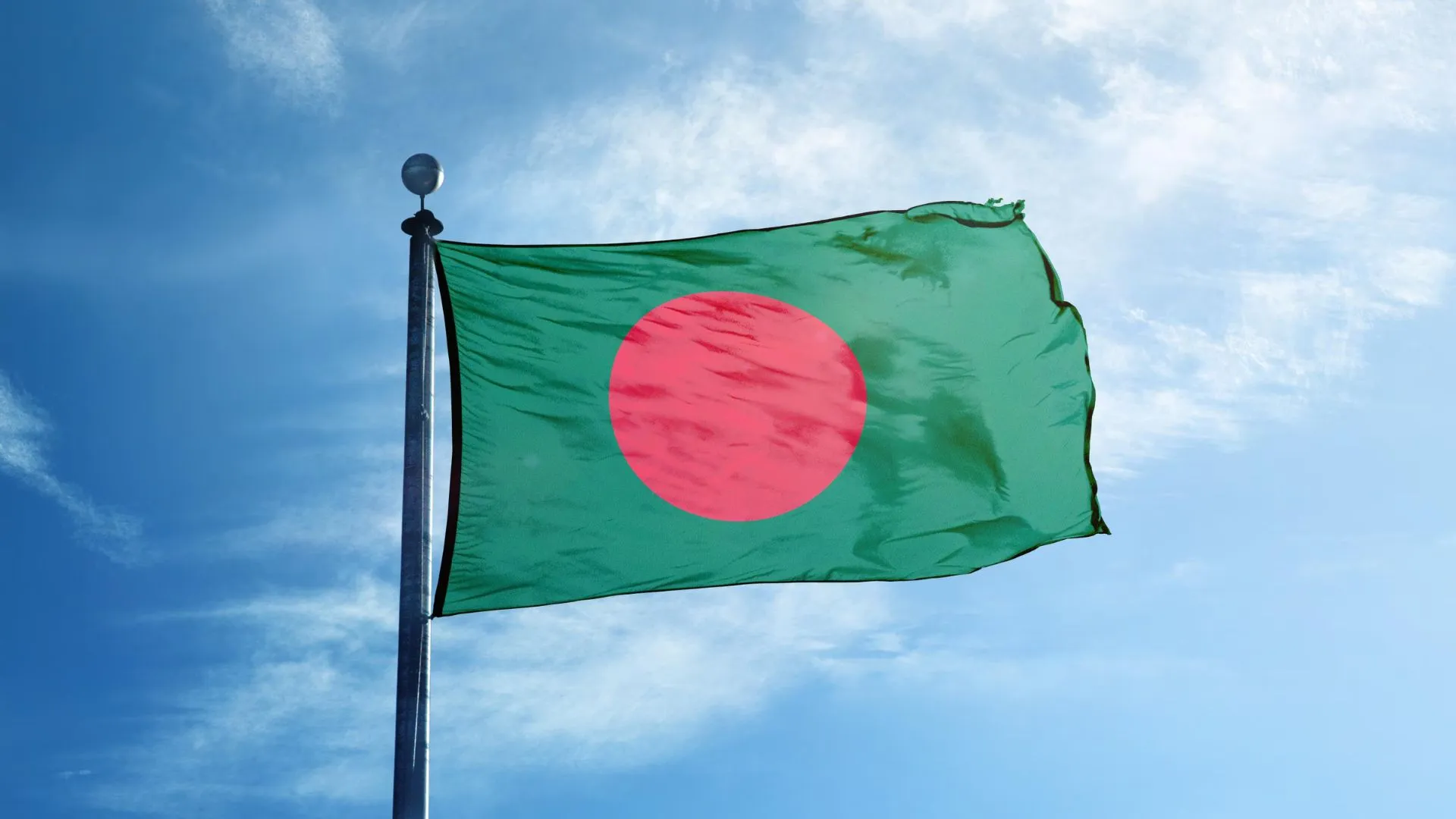On July 12, the Supreme Court of India granted bail to Delhi Chief Minister Arvind Kejriwal in a money laundering case related to the alleged Delhi Liquor Policy scam, which is being investigated by the Enforcement Directorate (ED). The court also forwarded Kejriwal’s petition challenging his ED arrest to a larger bench for further examination.
However, Kejriwal will not be released from jail as he is currently in custody in a related case being investigated by the Central Bureau of Investigation (CBI) concerning the same liquor policy issue.
On the Supreme Court granting interim bail to Arvind Kejriwal, his lawyer Rishikesh Kumar stated, “The Supreme Court has granted him interim bail, and the issue of Section 19 and the necessity of arrest has been referred to a larger bench. CM Kejriwal will remain in custody as his bail in the CBI case is still pending. This is a big victory…”
The Supreme Court bench, comprising Justices Sanjiv Khanna and Dipankar Datta, referred Kejriwal’s petition to a larger bench to determine whether the necessity of arrest should be a condition under Section 19 of the Prevention of Money Laundering Act (PMLA).
The apex court had directed the probe agency to provide additional evidence against the Delhi CM in the excise policy case.
“We want to see the statements of witnesses recorded after Manish Sisodia’s arrest, after the judgment denying bail to him, and before Kejriwal’s arrest,” the SC had declared.
Additional Solicitor General S V Raju claimed that there was more evidence against Kejriwal, including WhatsApp chats about Hawala transactions.
The SC bench also questioned the ED if it had communicated the “grounds of arrest” to Kejriwal, to which the agency replied, “The probe agency is not supposed to share everything with the accused.”
The bench argued that without stating the grounds for arrest, how could the defendant challenge the charges against him? “How will you not give reasons to believe? How will he challenge those reasons?” the bench asked.
In its chargesheet, the ED alleged that Kejriwal was involved with the “South Group,” which had benefited from the now-scrapped liquor policy. The agency further alleged that Kejriwal’s AAP received a kickback of Rs 100 crore for “providing undue benefits to private entities by formulating and implementing a tailor-made liquor policy.”
Moreover, Kejriwal has been in custody since his arrest by the CBI under the Prevention of Corruption Act on June 25 in connection with the same liquor policy case.
On March 21, the Delhi Chief Minister was arrested by the Enforcement Directorate (ED) for his alleged involvement in a money laundering case. The arrest relates to accusations of a criminal conspiracy to manipulate liquor policies to benefit liquor sellers.

